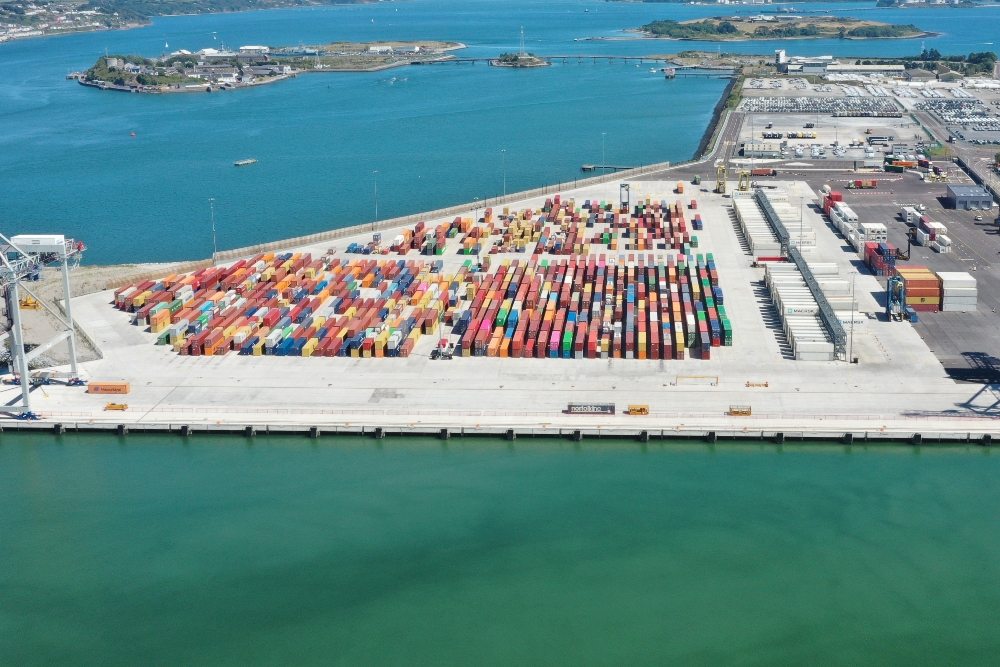Bank of Ireland’s chief economist Conall Mac Coille offers some encouraging insight into homebuilding activity in Ireland in the first quarter.
This morning’s (24 April) CSO data shows residential dwellings completions were 5,938 in the first quarter of 2025, up 2% on the year.
Whilst a marginal improvement, the completions data have clearly not accelerated in line with the surge in commencements to 69,000 in 2024, artificially inflated by developers rushing to take advantage of temporary waivers on local authority and water infrastructure charges.
“This morning’s CSO data shows there were 5,938 completions in Q1 2025, up only marginally, by 2% on the year”
That said, the ‘4Dublin Housing Supply Pipeline’ figures point to a marked pick-up in homebuilding activity in 2024, at least in the capital.
So whilst we will likely need to revise down our forecast for dwellings completions in 2025 to below 40,000 units, a pick-up from the 30,300 in 2024 is still likely.
Building for tomorrow
Residential dwellings completions see marginal growth in Q1 2025: This morning’s CSO data show there were 5,938 completions in Q1 2025, up only marginally, by 2% on the year. House completions were 4,157 down 2% on Q1 2024 but with apartments seeing a rebound, up 13%. The Q1 figures bring the annual total for completions over the past twelve months to 30,400, still clearly well short of housing demand. The annual total for completions has fallen back from the 32,500 peak recorded in 2023.
Activity failing to pick-up in line with buoyant starts data: The first quarter is typically the seasonal low-point for completions. Nonetheless, the Q1 2025 completions figures add to the evidence we are not seeing a pick-up in homebuilding commensurate with buoyant starts data. BCMS commencement data indicate there were 69,000 housing starts in 2024, but were clearly artificially inflated by developers rushing to avail of temporary waivers on local authority and water infrastructure charges.
Homebuilding still likely to expand in 2025 : Unfortunately, there is no reliable survey of the number of homes currently under construction in Ireland. However, the ‘4Dublin Housing Supply Pipeline’ figures, collected by the four local authorities in the capital, do point to some improvement. The data indicates in December 2024 there were 19,445 units under construction in Dublin, up 23% compared with Q4 2023. So at face value this data suggests that, at least in Dublin, homebuilding activity picked-up markedly in 2024.
-
Bank of Ireland is welcoming new customers every day – funding investments, working capital and expansions across multiple sectors. To learn more, click here
-
For support in challenging times, click here
-
Listen to the ThinkBusiness Podcast for business insights and inspiration. All episodes are here. You can also listen to the Podcast on:
-
Spotify
-
SoundCloud
-
Apple





